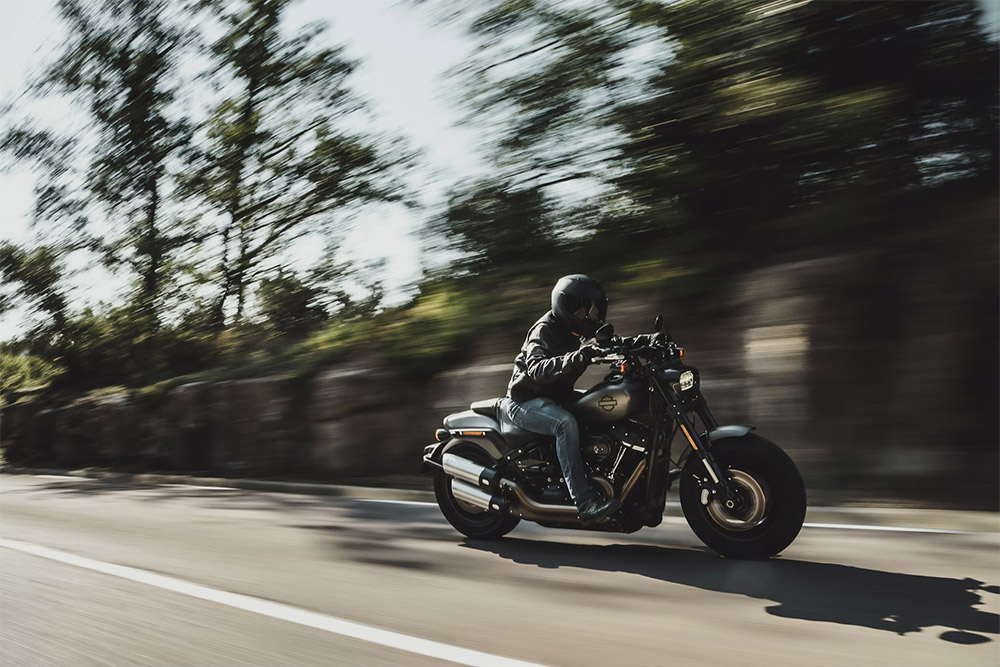As a biker, the last thing you want to happen is being in an accident. Sadly, there are times when this is unavoidable. If you’re the victim of a motorcycle accident, find out what steps you need to take to reduce injury and avoid more danger.
Motorcyclists must know what to do after a motorcycle accident in Denver. An injured biker must get medical attention and state every injury. All too often, accident victims will tell their Denver personal injury attorney they regret not knowing what to do at the collision scene and afterward.
The following seven crucial steps about what to do after a motorcycle accident are not only to keep motorcyclists safe but also to have them prepared in case they need to take legal action.
Table of Contents
Check Yourself and Others Involved for Injuries
The very first thing you must do is check yourself and other involved motorists to ensure no one has any injuries. This action is vital to perform as it can be a sign that something is internally wrong. If you discover you’re hurt, you must stay still while waiting for the ambulance.
After self-assessment, you should report if anyone else has been injured in the accident. Common motorcycle injuries include:
- Nerve damage
- Road burn
- Leg injury
- Head injury
- Muscle damage
If you’re injured, it’s best to get an examination to ensure nothing serious is overlooked or missed.
Seek medical treatment right after a motorcycle collision in Denver, CO for any symptoms you’re having, whether they are little or major. Injuries that may appear minor can develop into significant ones, creating life-long physical pain and perhaps disabling you from enjoying a normal life.
These sorts of injuries are known as “delayed injuries”, and they must be documented right away to verify they were due to the crash and not some other situation. Translation: time is of the essence. The faster you get the proper medical care, the faster you can start the recovery process back to good health.
Get to Safety
One of the chief priorities after a motorcycle collision is to make sure everyone involved is safe. If you can, move to a secure space away from traffic to avoid more personal injury and damage. You shouldn’t move your motorcycle unless it is really necessary. It is part of the crime/accident scene.
Once you’ve evaluated your condition, check on others and call the police if there is any substantial property damage or injuries. Remember to keep a cool head. Your actions and words can be used against you when it comes to future legal matters.
Call 911
You need to call the police for them to complete an accident report and record the details of the scene. Whether the motorcycle accident was serious or not, it is crucial to notify law enforcement. When the police arrive, ask for their names, badge numbers, and how to get a copy of the accident report.
Document the Scene
When you contact the police to report the collision, make sure that a detailed police report is filed. The accident report could serve as a critical piece of evidence in proving the condition of the accident scene. While waiting for the police, document the scene by taking pictures of the road conditions, street signs, and the vehicles involved. Additionally, get contact information from any witnesses which is vital for filing insurance claims and potential legal action.
Exchange Information
Exchange insurance and contact information with the other parties involved in the accident. Make sure to get:
- Names
- License plate numbers
- Addresses
- Phone numbers
- Insurance policy information
Gather Evidence of the Motorcycle Accident
In the aftermath of a motorcycle accident, gathering evidence is a step that must never be disregarded. Accident scenes need to be cleaned up rapidly, so gathering evidence is vital to verify how the motorcycle accident took place and determine the negligence that caused it. Be sure to gather evidence of:
- Your motorcycle and any damage
- Any damage to signs and structures
- Your injuries
- the other vehicle or any other vehicles affected by the accident
- Weather conditions
- Nearby landmarks
- Traffic patterns
- Road conditions
Once law enforcement arrives, the officers will talk to you and the motorist of the other vehicle. While it is critical to answer their questions honestly, don’t admit fault for the accident, including saying “I’m sorry.”
Furthermore, information given by witnesses can be beneficial in learning what caused the accident and help corroborate your account of events. This is particularly significant when the other driver’s version of the accident differs from yours.
In addition to taking pictures of your physical injuries, keep a detailed journal of any pain you’re having and how your injuries are impacting your everyday living. This includes:
- Your inability to do daily tasks
- Your inability to enjoy doing the activities that bring you pleasure
- Your inability to work
This information will help your Denver motorcycle accident attorney decide the correct compensation for damages in your case.
Notify Your Insurance Company
Immediately notify your insurance company of the motorcycle accident. Give your insurance carrier detailed, correct information about the collision. Be cautious not to make any recorded statements that could be misinterpreted or used against you in the future.
While you should cooperate with your insurance company’s investigation, you also need to be aware of your rights. If you aren’t sure of all your rights as a motorcycle accident victim, reach out to a personal injury lawyer in Denver to assist you.
The Paul Wilkinson Law Firm Is Here for You
If you’re a victim of a motorcycle accident and need directions on your next steps, The Paul Wilkinson Law Firm is here to help. Our attorneys are knowledgeable when it comes to motorcycle accident cases and can give you the legal representation and support you need to safeguard your rights. Contact us today for a free consultation to learn more about our services and how we can help you on your journey to recovery.


